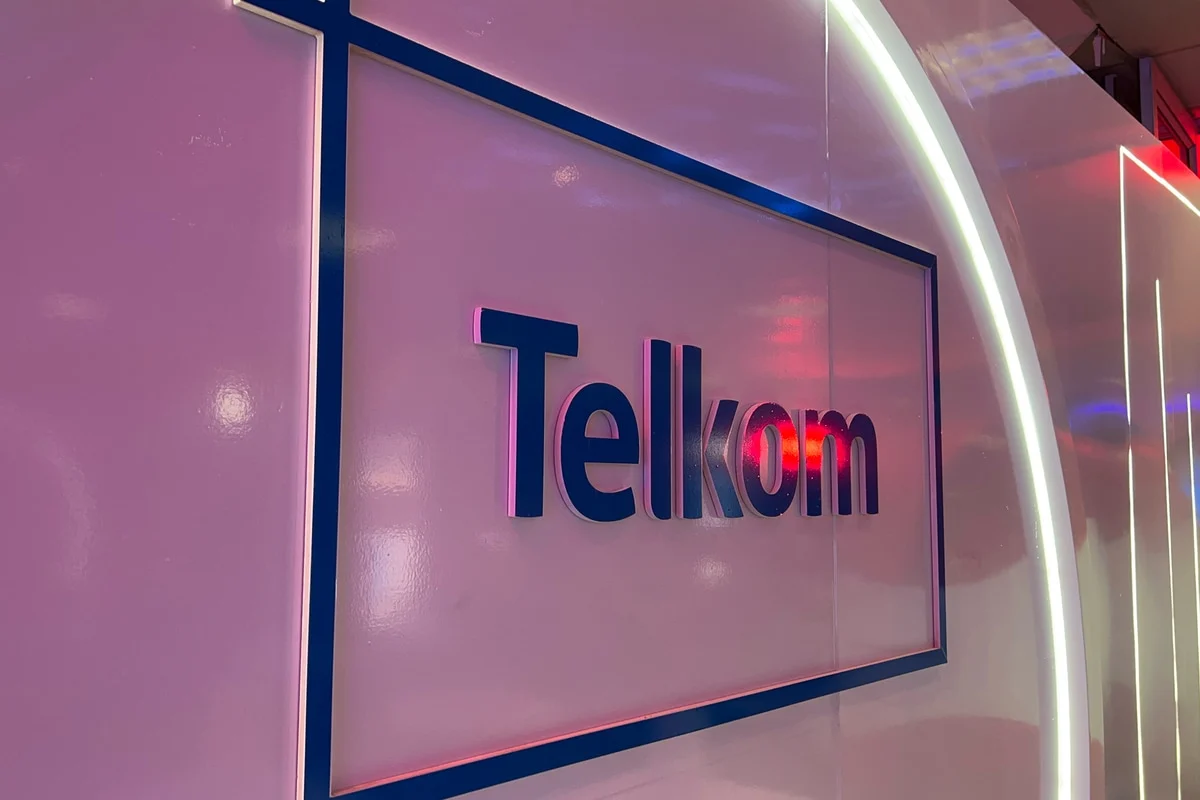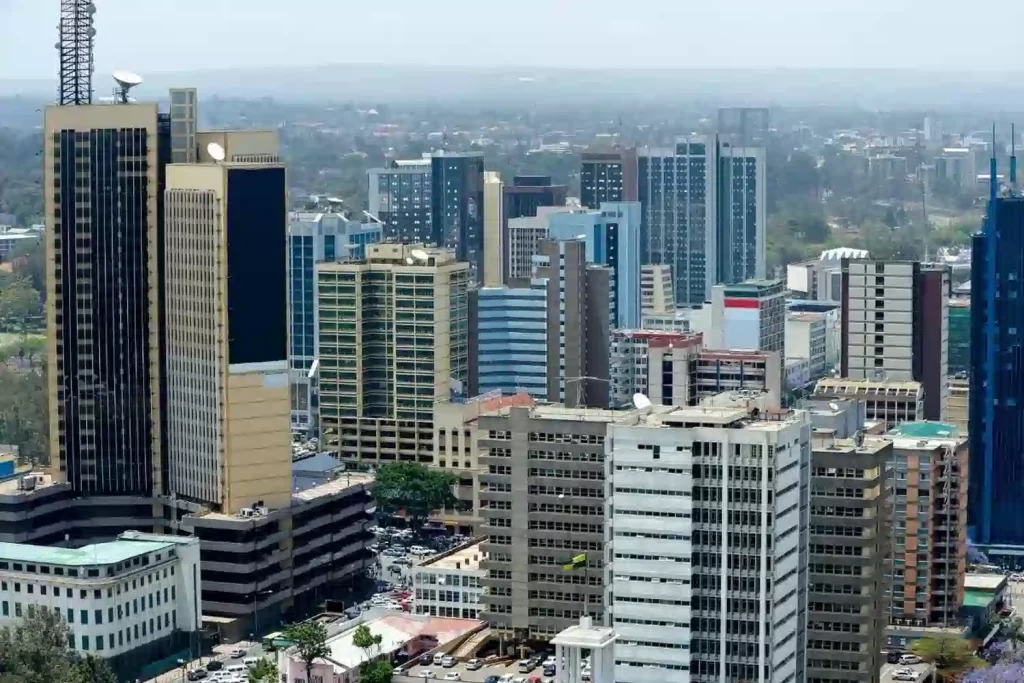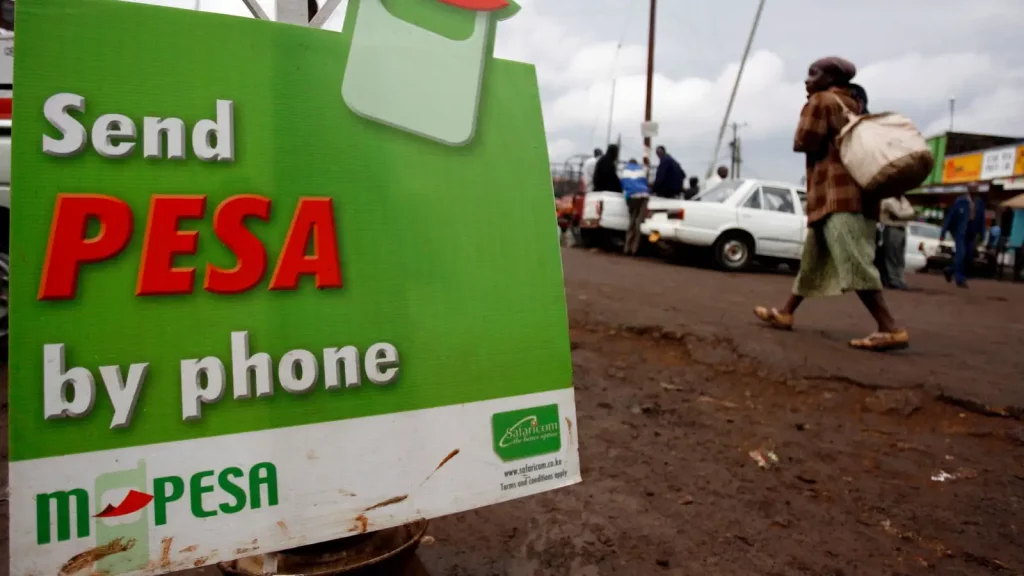According to Telkom’s annual results, the company’s profits are down by 76.6%, and the company blames loadshedding among other factors.
South Africa’s third largest mobile network operator by subscriber base, Telkom, has recorded a 76.6% dip in headline earning per share (HEPS)—from 575.3 cents to 134.6 cents—according to its annual financial results released this morning.
HEPS is the main profit measure used in South African capital markets, and refers to a company’s income from operations, trading, and investments only, and excludes one-time charges, write-downs, cost-cutting. .
According to the company, the significant dip in profitability is a result of a tough operating environment caused by inflationary pressures and South Africa’s lingering power issues.
“Significant market changes and economic factors, including accelerated loadshedding, low economic growth and a high interest rate environment, coupled with fast-evolving technologies, have had an adverse effect on the group [‘s profitability],” the company said in a statement.
According to Telkom’s Q3 results for the period ending December 2022, the company incurred over R150 million in additional costs to tackle loadshedding. Some of the loadshedding-induced costs that South African telcos have incurred include installing solar panels, batteries, and deals with independent power producers.
Elsewhere on the company’s financials, revenue was up marginally by 0.9%, while EBITDA (earnings before interest, taxes, depreciation, and amortisation) margin, which measures a company’s operating profit as a percentage of its revenue, was at 22.1%, and customer base was up by 7.8% to 18.3 million subscribers.




















